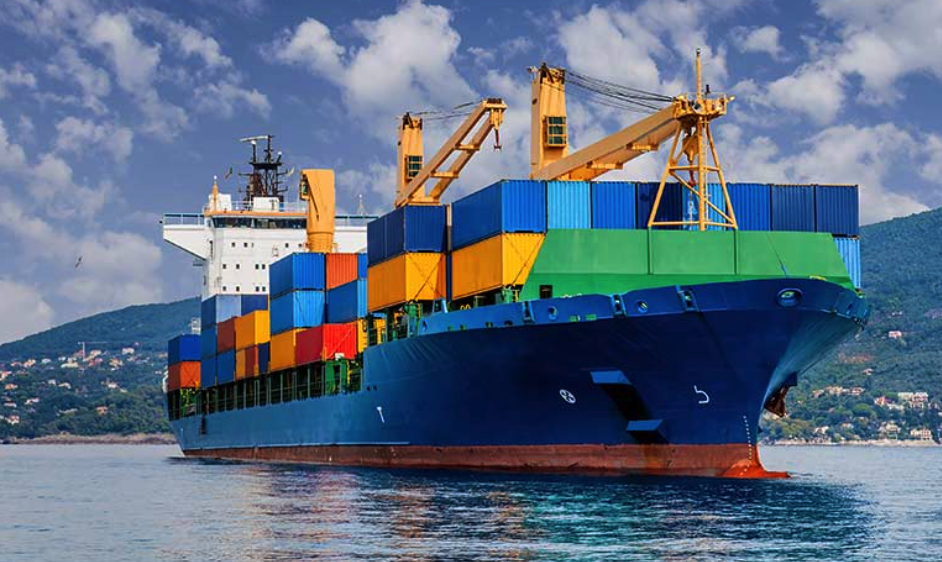

Decarbonising shipping – what role can climate labels play?
While maritime transport plays an essential role in the EU economy and is one of the most energy-efficient modes of transport, it is also a large and growing source of greenhouse gas emissions. Projections show that these emissions could increase by up to 30% of 2008 emissions by 2050. If the climate change impact of shipping activities isn’t addressed promptly, it risks undermining the objectives of the Paris Agreement.
Stakeholders argue that one solution to significantly reduce greenhouse gas emissions in shipping could be energy efficiency labels which, contrary to what currently exists, would enforce good performance, not just define it.
In 2021, the International Maritime Organization, agreed to judge the climate impact of ships through a labelling system, called the carbon intensity indicator (CII). In this system, an ‘A’ grade stands for the cleanest ships and ‘E’ for the dirtiest. The grades are a measure of a ship’s carbon emissions per ton-mile of transport work in the previous calendar year and all grades above “E” are compliant. However, campaigners argue that these global requirements are too easy to pass, with no consequences for those who fail them.
One way of accelerating climate action could be through the EU’s ‘port state control’ – the principle through which states decide the conditions for ships to enter their ports. European ports could require shipping fleets to achieve ‘A’ and ‘B’ grades, by implementing energy-saving technologies or using clean alternative fuels.
For registration and more information, please see here.
